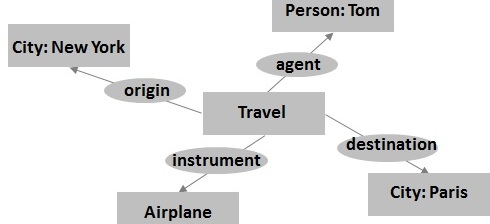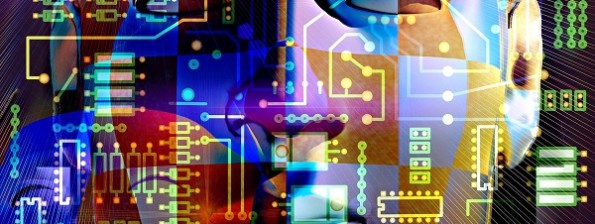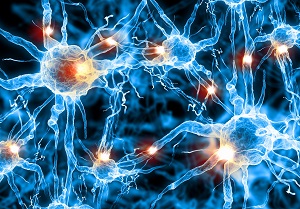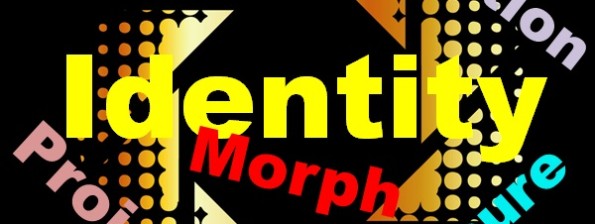Tag Archives: cognition
14 Oct Knowledge in Non-Neural Models

Non-Neural Models So far we have examined a number of models that are explicitly designed to be neuromorphic. This categorization is useful for two reasons: the apparent chaos or non-deterministic functioning of the brain is represented by these models; and neural networks explicitly use large numbers of distributed processors or neurodes that each contribute to […]
08 Sep Gnostic Learning Model

In prior posts in this section, and periodically in other sections of my blog, I have been exploring how humans learn, and how we might replicate those processes in computer software or (less likely) hardware. The context of the learning, or knowledge acquisition, upon which I choose to focus is language learning. While knowledge acquisition is much broader, this is an […]
28 Aug Weight Control for Knowledge

Stochastic Models Data, information and knowledge may be stored in many different ways in computers. Most artificial neural models rely heavily on stochastic or probabilistic techniques for establishing the internal structure that represents the data. The generalized delta rule for adaptation is an example of this sort of technique. The generalized delta rule, developed by D.E. […]
25 Aug Determinacy in Neural Connections

For many years, researchers thought that it was wrong to assume that there was a cell or set of cells in the brain that stored the memory of Grandma’s face. Though the comparison with computer memory was appealing, it was thought to be too simplistic and incorrect. Now, more researchers in different academic disciplines are assuming […]
26 Jul Parallel Distributed Pattern Processing

PDP Networks We have discussed recognition processes in the brain. Connectionism, a fundamentally implicit approach to neural modeling, was championed by the parallel distributed processing (PDP) group. PDP networks use many interconnected processing elements (PEs) that, according to the PDP Group, configure themselves to match input data with “minimum conflict or discrepancy” (Rumelhart & McClelland, 1986, Vol. 2, […]
08 Jul Playing the Slots

Frames and More You could just throw everything into the blender and see if a nice smoothie comes out. But for some cuisine and some complex processing tasks, the blender model is unsatisfactory. With neural networks and semantic networks and concept graphs, it may be best to separate things by category, choose different blender speeds, […]
01 Jul Chaos About Us

Chaos About Us Chaos is all about us. I know that for certain each time I look into my kids’ rooms. When I recall my own youth, however, it occurs to me that I had a reason for the way I organized my life. It seemed meaningful to me, and although I recall how difficult it was […]







